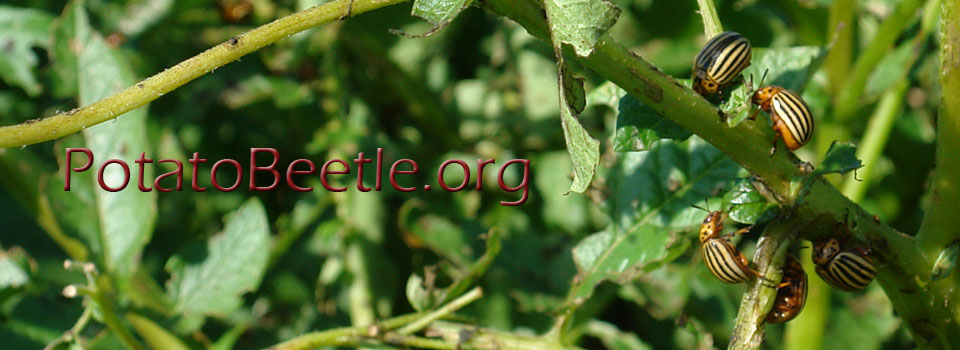Tigreros N, Wang EH, Thaler JS. Funct Ecol. 2018;32(4):982-989. doi: 10.1111/1365-2435.13046.
Prey species can respond to the risk of predation with a range of antipredator behaviours and physiological changes. While these responses increase chances of survival, they often involve feeding reductions and greater energy expenditure (e.g. increases in metabolic rate). As a consequence, a prey response is constrained by its own nutritional condition. While a number of studies indeed demonstrate that prey in better nutritional condition have stronger antipredator behaviours, we do not yet understand how condition impacts the physiological component of the prey's response. Previous research revealed that Leptinotarsa decemlineata beetles experiencing predation risk improve their offspring's nutritional condition by promoting intraclutch egg cannibalism. Importantly, egg cannibalism decreased offspring vulnerability by increasing larval behavioural responses to chronic predation risk. In this study we test if egg cannibalism similarly impacts larval physiological responses by comparing how risk of predation in cannibals and non-cannibals affects their behaviour (e.g. feeding reductions), metabolic rate and energy stores. We found that non-cannibals did not exhibit antipredator behaviours but responded physiologically, by increasing metabolic rates. In contrast, cannibals responded behaviourally, suppressing feeding, but without altering metabolism. While cannibals and non-cannibals coupled food intake and energy expenditure differently, both reached similar growth rates and had similar energy stores when facing chronic predation risk. These results indicate that increases in predator avoidance behaviours are not merely mirrored by a stronger physiological response. Instead, changes in metabolism appear to ameliorate, within our experimental conditions, the costs associated with the behavioural response. Prey in poorer nutritional state are not less responsive to predators but appear to rely more heavily on physiological responses, demonstrating that how prey integrates behaviour and physiology depends on their own nutritional state.
